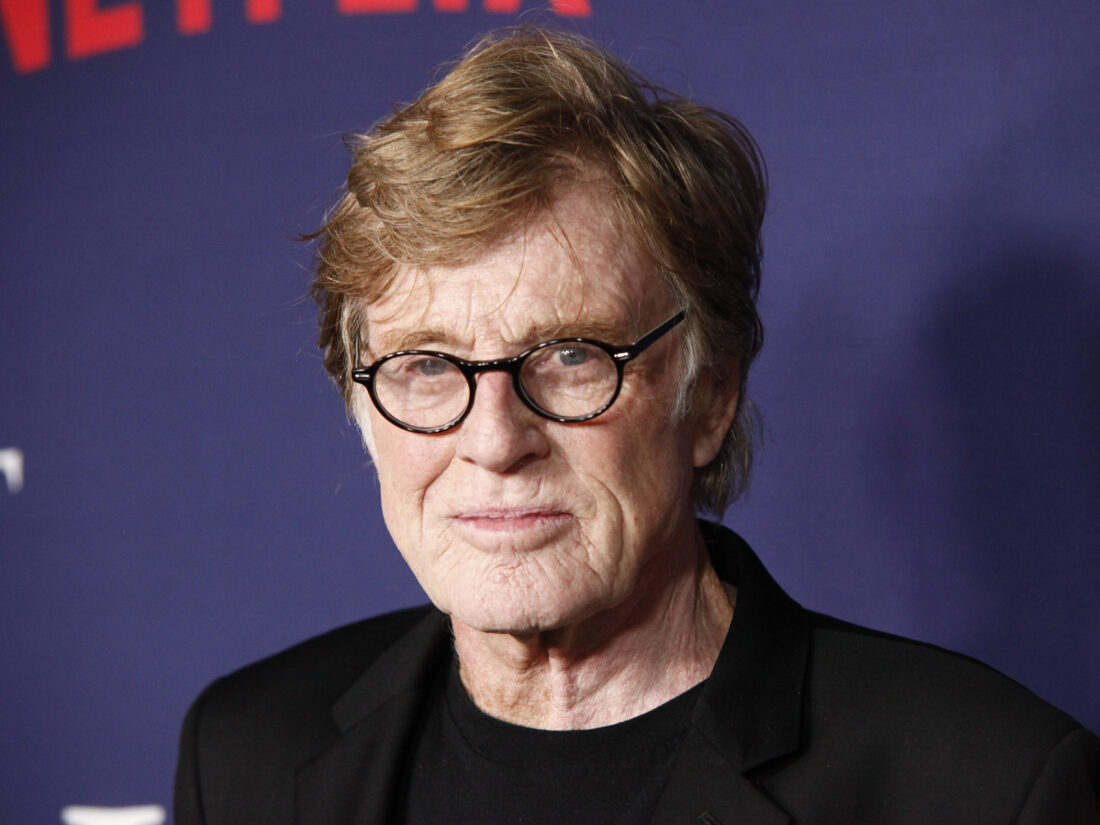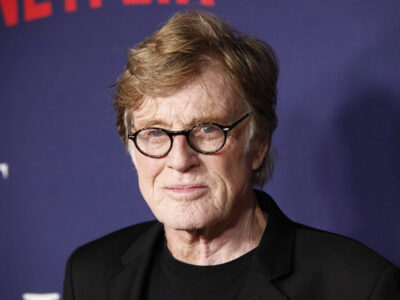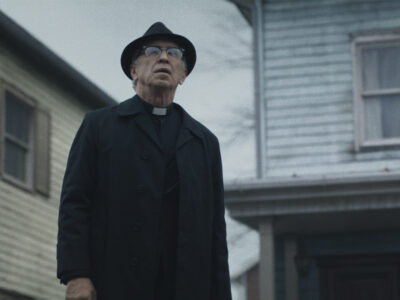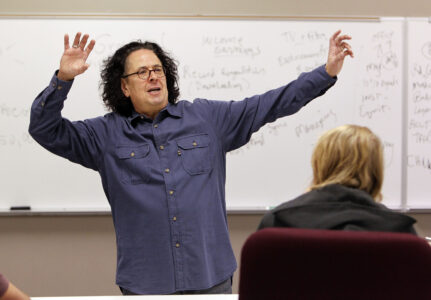Robert Redford, Oscar-winning actor, director and indie patriarch, dies at 89

FILE - Robert Redford attends the premiere of Netflix's "Our Souls at Night" on Sept. 27, 2017, in New York. (Photo by Andy Kropa/Invision/AP, File)
Robert Redford, the Hollywood golden boy who became an Oscar-winning director, liberal activist and godfather for independent cinema under the name of one of his best-loved characters, died Tuesday at 89.
Redford died “at his home at Sundance in the mountains of Utah — the place he loved, surrounded by those he loved,” publicist Cindi Berger said in a statement. No cause of death was provided.
After rising to stardom in the 1960s, Redford was one of the biggest stars of the ’70s with such films as “The Candidate,” “All the President’s Men” and “The Way We Were,” capping that decade with the best director Oscar for 1980’s “Ordinary People,” which also won best picture in 1980. His wavy blond hair and boyish grin made him the most desired of leading men, but he worked hard to transcend his looks — whether through his political advocacy, his willingness to take on unglamorous roles or his dedication to providing a platform for low-budget movies.
His roles ranged from Washington Post journalist Bob Woodward to a mountain man in “Jeremiah Johnson” to a double agent in the Marvel Cinematic Universe, and his co-stars included Jane Fonda, Meryl Streep and Tom Cruise. But his most famous screen partner was his old friend and fellow activist and practical joker Paul Newman, their films a variation of their warm, teasing relationship off screen. Redford played the wily outlaw opposite Newman in 1969’s “Butch Cassidy and the Sundance Kid,” a box-office smash from which Redford’s Sundance Institute and festival got its name. He also teamed with Newman on 1973’s best picture Oscar winner, “The Sting,” which earned Redford a best-actor nomination as a young con artist in 1930s Chicago.
Film roles after the ’70s became more sporadic as Redford concentrated on directing and producing, and his new role as patriarch of the independent-film movement in the 1980s and ’90s through his Sundance Institute. But he starred in 1985’s best picture champion “Out of Africa” and in 2013 received some of the best reviews of his career as a shipwrecked sailor in “All is Lost,” in which he was the film’s only performer. In 2018, he was praised again in what he called his farewell movie, “The Old Man and the Gun.”
“I just figure that I’ve had a long career that I’m very pleased with. It’s been so long, ever since I was 21,” he told The Associated Press shortly before the film came out. “I figure now as I’m getting into my 80s, it’s maybe time to move toward retirement and spend more time with my wife and family.”
Sundance is born
Redford had watched Hollywood grow more cautious and controlling during the 1970s and wanted to recapture the creative spirit of the early part of the decade. Sundance was created to nurture new talent away from the pressures of Hollywood, the institute providing a training ground and the festival, based in Park City, Utah, where Redford had purchased land with the initial hope of opening a ski resort. Instead, Park City became a place of discovery for such previously unknown filmmakers as Quentin Tarantino, Steven Soderbergh, Paul Thomas Anderson and Darren Aronofsky.
“For me, the word to be underscored is ‘independence,'” Redford told the AP in 2018. “I’ve always believed in that word. That’s what led to me eventually wanting to create a category that supported independent artists who weren’t given a chance to be heard.
“The industry was pretty well controlled by the mainstream, which I was a part of. But I saw other stories out there that weren’t having a chance to be told and I thought, ‘Well, maybe I can commit my energies to giving those people a chance.’ As I look back on it, I feel very good about that.”
Sundance was even criticized as buyers swarmed in looking for potential hits and celebrities overran the town each winter.
“We have never, ever changed our policies for how we program our festival. It’s always been built on diversity,” Redford told the AP in 2004. “The fact is that the diversity has become commercial. Because independent films have achieved their own success, Hollywood, being just a business, is going to grab them. So when Hollywood grabs your films, they go, ‘Oh, it’s gone Hollywood.'”
By 2025, the festival had become so prominent that organizers decided they had outgrown Park City and approved relocating to Boulder, Colorado, starting in 2027. Redford, who had attended the University of Colorado in Boulder, issued a statement saying that “change is inevitable, we must always evolve and grow, which has been at the core of our survival.”
Redford was married twice, most recently to Sibylle Szaggars. He had four children, two of whom have died — Scott Anthony, who died in infancy, in 1959; and James Redford, an activist and filmmaker who died in 2020.
Redford’s early life
Robert Redford was born Charles Robert Redford Jr. on Aug. 18, 1937, in Santa Monica, a California boy whose blond good looks eased his way over an apprenticeship in television and live theater that eventually led to the big screen.
Redford attended college on a baseball scholarship and would later star as a middle-aged slugger in 1984’s “The Natural,” the adaptation of Bernard Malamud’s baseball novel. He had an early interest in drawing and painting, then went on to study at the American Academy of Dramatic Arts, debuting on Broadway in the late 1950s and moving into television on such shows as “The Twilight Zone,” “Alfred Hitchcock Presents” and “The Untouchables.”
After scoring a Broadway lead in “Sunday in New York,” Redford was cast by director Mike Nichols in a production of Neil Simon’s “Barefoot in the Park,” later starring with Fonda in the film version. Redford did miss out on one of Nichols’ greatest successes, “The Graduate,” released in 1967. Nichols had considered casting Redford in the part eventually played by Dustin Hoffman, but Redford seemed unable to relate to the socially awkward young man who ends up having an affair with one of his parents’ friends.
“I said, ‘You can’t play it. You can never play a loser,'” Nichols said during a 2003 screening of the film in New York. “And Redford said, ‘What do you mean? Of course I can play a loser.’ And I said, ‘OK, have you ever struck out with a girl?’ and he said, ‘What do you mean?’ And he wasn’t joking.”





